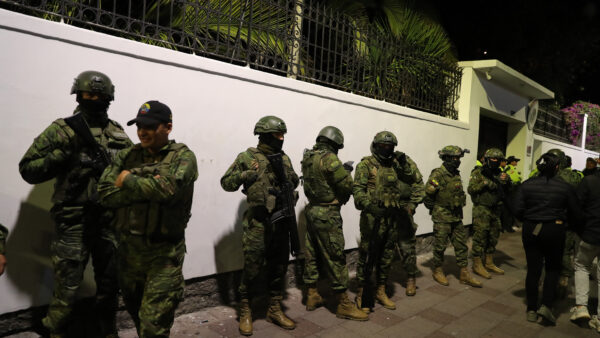Five years after the landmark reform of the Brazilian pension system, the topic has reemerged as a hot-button issue. This resurgence is driven by a combination of fiscal pressures on the federal government and new demographic data revealing significant shifts in the nation’s population.
Adding fuel to the fire, the Supreme Court this week picked up 13 cases brought forward by employee associations, political parties, and the Federal Prosecution Office, which challenge various aspects of the 2019 pension reform.
Along with two additional actions, these cases pose one of the largest judicial fiscal risks estimated by the federal government. According to the 2025 Budget Guidelines Bill, the potential impact on public coffers could soar to nearly BRL 498 billion (about USD 100 billion).
The Supreme Court justices have already formed a majority to overturn at least three provisions of the reform. However, the last of the 11 justices to vote has paused the trial, requesting more time for analysis.
The majority of justices have ruled unconstitutional an extraordinary contribution from civil servants and retirees intended to cover social security deficits and the nullity of pensions based on length of service for those who did not make the required contributions.
Additionally, a majority determined that an increase granted to female workers in the private sector should also apply to public...


 Search
Search











































